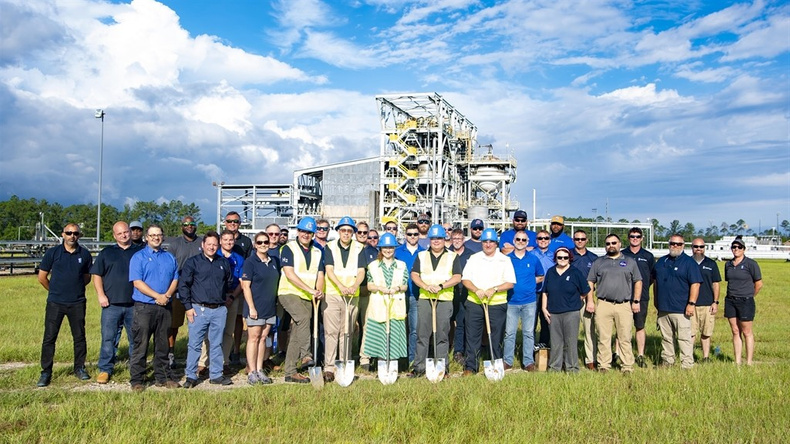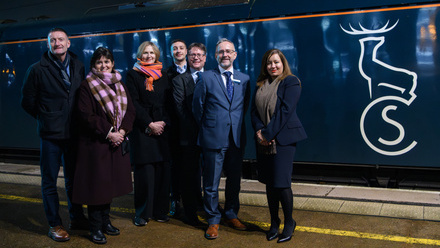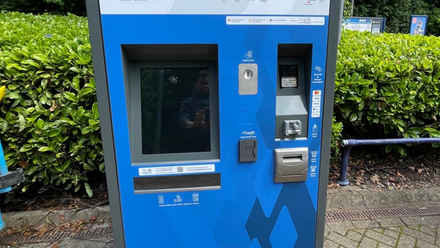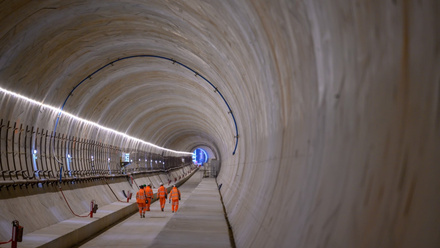Airline partners with Rolls-Royce to perform hydrogen testing at NASA’s Stennis Space Center

Rolls-Royce and easyJet have joined forces to work on a new set of ground-breaking hydrogen research tests at NASA’s Stennis Space Center in Mississippi.
This will be the third Rolls-Royce test stand at NASA Stennis, expanding a relationship with NASA that goes back decades and includes joint research on a variety of aerospace technologies.
This program is part of Rolls-Royce’s goal to develop technologies that meet the world’s growing demand for power while enabling net zero by 2050.
The testing will demonstrate the integration of technologies required for 100 per cent hydrogen
fuel operation on a modified Rolls-Royce Pearl 15 engine. Tata Consultancy Services (TCS) is providing engineering expertise to Rolls-Royce to achieve this milestone.
Deborah Robinson, director – Test & Experimental Engineering for Rolls-Royce, said: “Rolls-Royce is at the forefront of developing technologies that will be needed to reach net zero by 2050. We are excited to partner with other global leaders like easyJet and NASA to explore the viability of aviation decarbonization through the introduction of hydrogen as an alternative fuel."
David Morgan, chief operating officer at easyJet, said: “We are delighted with the progress our partnership with Rolls-Royce has made and where greater place to do this next phase of testing than at one of NASA’s facilities.
“It’s a truly remarkable feat to – in just a few short years – go from conceptual design stage to full engine testing with 100 per cent hydrogen, helping take us a step closer to our vision of operating zero-carbon hydrogen-powered aircraft technology in the years to come.”
John Bailey, NASA Stennis director, said: “We welcome the opportunity to team with Rolls-Royce on its new test project. Rolls-Royce has been a valued tenant of NASA Stennis for many years, and we look forward to working together with them on this noteworthy endeavor."
The testing scheduled for NASA Stennis represents the culmination of a comprehensive, global program set out to prove that hydrogen can safely and efficiently deliver power for aerospace engines.
Rolls-Royce also receives support for hydrogen research through the UK’s Aerospace Technology Institute HyEST, RACHEL and LH2GT programs, Germany’s LUFO 6 WOTAN program, and the European Union’s Clean Aviation CAVENDISH program.
In 2022, easyJet and Rolls-Royce set a world first by successfully running a modern aero engine, the Rolls-Royce AE2100, on 100 per cent green hydrogen at Boscombe Down, UK.
And last year, Rolls-Royce set another world first when tests on a full annular combustor of a Rolls-Royce Pearl engine at the German Aerospace Centre (DLR) in Cologne, Germany, running on 100 per cent hydrogen proved the fuel can be combusted at conditions that represent maximum take-off thrust.



